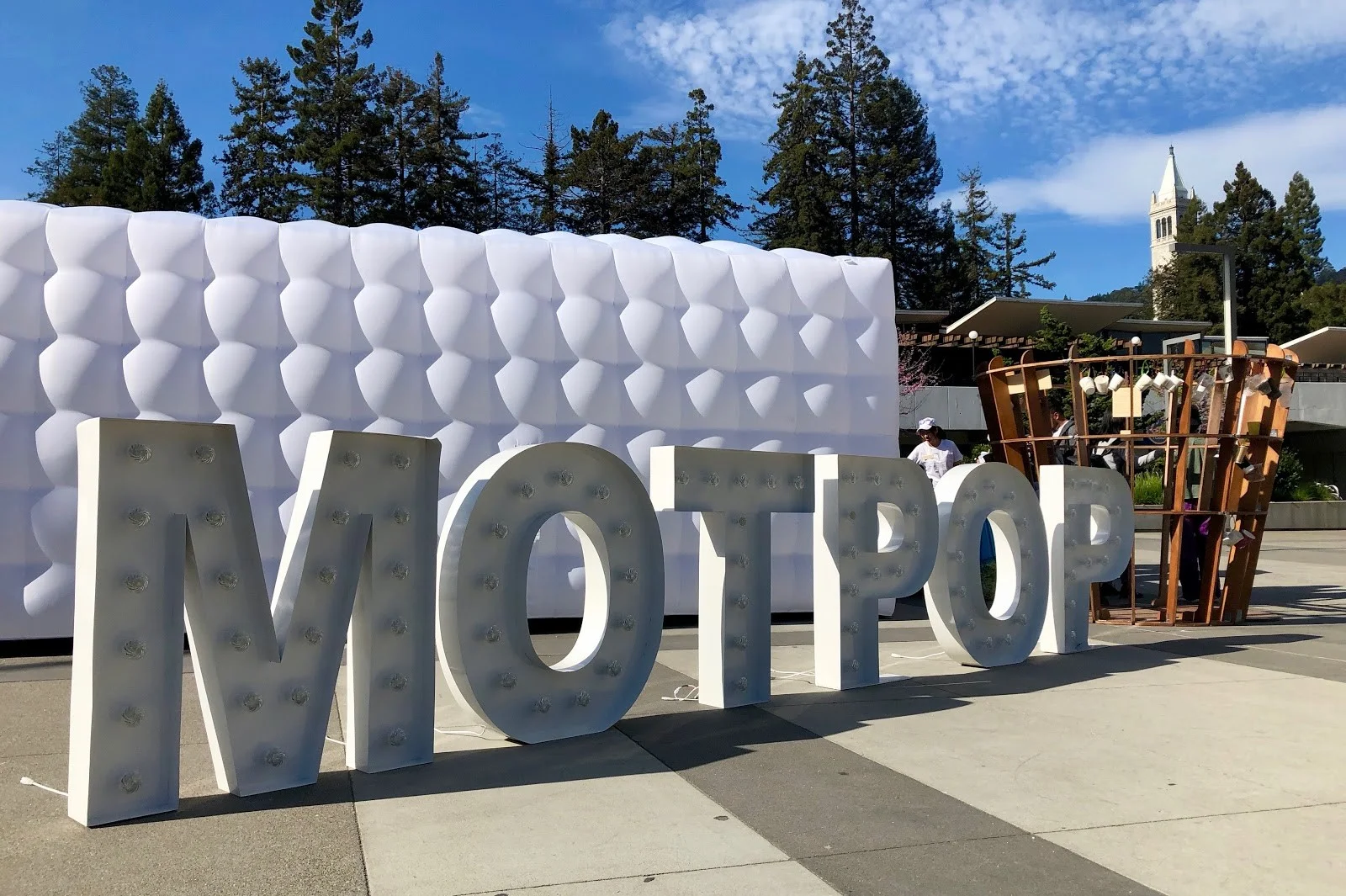I cannot stress the importance of recognizing your positionality when advocating for change. In our experience, this looked like recognizing the privilege of our position as students, the gift of our able bodies, and the education that allowed us to learn about the dangers of herbicides.
Read MoreThis semester it feels like California cannot catch a break. Within a month, we have had thousands of acres of both Northern and Southern California burn, a tornado and hail storm in Davis, earthquakes, and PGE’s power shutoffs. These events have changed what it means to live in the Bay Area.
Read MoreFor thousands of years, Mauna Kea has been a cultural and spiritual mecca for the native Kanaka Maoli people. It’s a place whose ecosystem has been traditionally managed by the Kanaka Maoli, and has been threatened in recent years by invasive plants and increasingly extreme weather patterns. It’s a religious site where tribal members have traditionally practiced services, a cultural center for celebration and mourning, and the site of some human remains from Kanaka Maoli tribal members buried there. It’s also where some UC Berkeley linked organizations want to build a telescope.
Read MoreOn September 17th, 2019, in the days just before the international climate strikes and walkouts as a part of Fridays for Future, the UC announced its commitment to divest from fossil fuel industries. The UC Regents decision passed with 77% approval, and 80% on the Berkeley campus, an astonishingly high approval rate for these votes. The UC went above and beyond the student and the faculty demands, and agreed to full divestment.
Read MoreThrough film, dialogue and action, the SFGFF intends to educate and build power in the environmental community, as well as create transformative arts experiences for individuals to absorb current environmental realities and envision our possible futures. Bay Area residents, UN Special Rapporteur Leilani Farha, PUSH film director Fredrick Gertten, and Oakland Mayor Libby Schaff were in attendance, and each person’s presence transmitted the basic message that they believe something needs to be done. The SFGFF ran from September 24th to September 29th, 2019.
Read MoreOn Friday morning, over one thousand students and members of the greater Berkeley community took to UC Berkeley’s Sproul Plaza to advocate for climate action. This walkout is only one of thousands of Youth Climate Strikes taking place across the world in anticipation of the UN Climate Summit meeting in New York on Monday.
Read MoreThe 68-year-old governor of Washington is not someone you expect to be the champion of climate advocates. An ex-high school footballer who has been a career politician for decades, Inslee is a far cry from anti-establishment candidates the environmental movement usually support.
Read MoreOver the past few years, the “personal vs. political” conversation has ricocheted throughout environmental communities and remains a point of discussion among scholars and activists alike.
In a recent article, I dipped my toes into this debate. This time, I took a plunge.
Read MoreA country still transitioning to industrialization, the Philippines will face an even larger population of food insecurity within the country, as well as a decline in economic activities as climate change’s effects become more dramatic in the coming decades.
Read MoreThe day of the anniversary celebration the weather was beautiful, musicians were on stage, and whole families were sitting in the grass, watching the day pass. It was a scene completely at odds with the seedy People’s Park I had always imagined. My immediate reaction was to assume that this sense of peace and community is anomalous. But those who frequent the park told me that, in their experience, it’s commonplace for the park to feel like that.
Read MoreIron fertilization is part of the burgeoning movement of geoengineering – the idea that humans can purposefully shape natural processes on a global scale, most notably to combat climate change. It’s a controversial idea that is universally recognized to need significantly more testing to work. One of the most promising ideas to emerge from the geoengineering field is that of iron fertilization, something that has the capacity to drastically reduce our net greenhouse emissions.
Read MoreThe Earth is getting warmer, the ice caps are melting, and sea levels are rising. I think it’s safe to say most of us at Berkeley know this, and studies show that most Americans understand and accept this as well. But who is to blame, and who can actually make a difference in solving an issue this big? That’s the question Jessica Ho and KJ Zhao, Founders of Museum of Tomorrow, are trying to answer.
Read More











